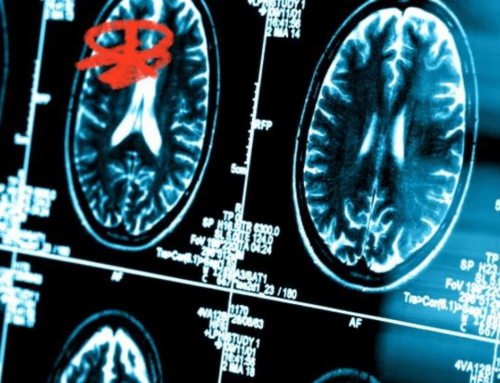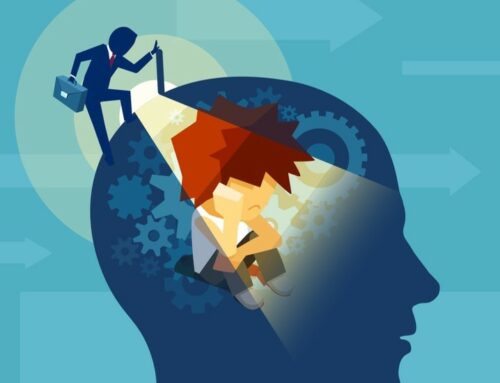By Ram Prasad, Co-Founder, The Final Mile, a Fractal Analytics Company |
While there are growing signs of progress in the fight against COVID-19 as more and more individuals get vaccinated, one major hurdle has presented itself and threatens to impact herd immunity efforts: vaccine hesitancy.
Nearly 25 percent of unvaccinated adults have said that they are unlikely to, or definitely will not, be getting vaccinated — posing a significant threat to herd immunity efforts. With that in mind, healthcare organizations, technology companies and government agencies are looking at ways to leverage new methods to grow consumer confidence and overcome vaccine hesitancy. Enter AI and behavioral science.
Here are a few ways AI and behavioral science are combining to help battle vaccine hesitancy boost herd immunity efforts.
Providing Peace of Mind
Development of COVID-19 vaccines have broken new ground in terms of how quickly vaccines could potentially be developed in the future. Yet, despite how positive the turnaround of vaccines has been, it has raised concerns over how safe the vaccines are and if they have been subjected to the appropriate safety oversight and scrutiny.
To overcome these concerns, healthcare providers and governments are using AI to maintain a constant flow of data so that they can track, synthesize, and report on any potential side effects that may arise as a result of vaccination. This is allowing healthcare providers and government agencies to provide a much greater level of real-time insight and detail about post-vaccination outcomes which can help build consumer trust.
International Collaboration
The COVID-19 vaccination effort is truly a global endeavor, and therefore, the ability to share insights and progress is pivotal in making sure that each region is having successful patient outcomes. Unfortunately, without sophisticated technology this level of collaboration becomes virtually impossible.
However, by leveraging AI, healthcare companies and governments have been able to engage in the real-time analysis and reporting that is needed to ensure that vaccine rollouts are going smoothly and that any potential adverse side-effects are reported as quickly as possible. From there, government agencies and healthcare companies can adapt their rollouts much more efficiently than they ever would have been able to previously and giving consumers much greater transparency into the global vaccination landscape.
What is Actually Driving Hesitancy?
While data is incredibly important when it comes to raising awareness, as we have seen throughout this pandemic, just because the data is available does not necessarily mean that it will result in the right actions being taken. Therefore, healthcare organizations and government agencies need to dig beyond just the facts and figures to truly understand what is driving hesitance and attack hesitancy at its roots — which is where behavioral science comes in.
Despite the widely held belief that humans will always make rational decisions regardless of factors such as emotion, this is not always the case. Emotion, fear and “irrationality” are in fact huge drivers of decision-making for human beings — even when faced with things such as data. Therefore, healthcare organizations need to combine their data insights with key learnings about human nature starting with the human brain.
Capable of solving problems far more complex than anything AI can currently do the human brain is arguably the most powerful machine on planet Earth. Therefore, AI professionals are beginning to really focus on behavioral and neuroscience to fill gaps that exist in data and develop comprehensive strategies that better address the core drivers of vaccine hesitancy.
—
The COVID-19 pandemic has resulted in a huge push for innovation and science as humanity has looked to fight back against the virus. And by joining the successes of behavioral science with those of computer science humanity can help break new ground as we work through global vaccination efforts as well.











